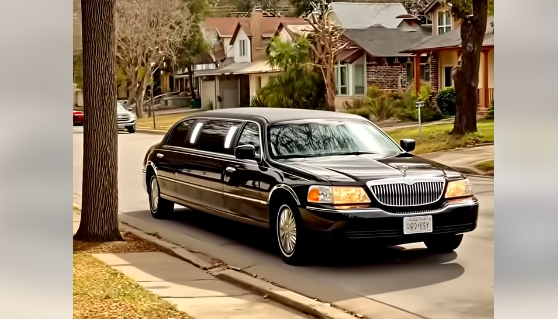After my parents died in a car crash, I thought grief was the hardest thing I’d face—until the will was read. I walked into the lawyer’s office expecting comfort and clarity but left with shock. M
y aunt Dina, who barely tolerated my parents, was named the sole heir to our family home. Within days, she was at my door, ordering me to pack up and leave.
With nowhere to go, I stood on the front steps clutching two suitcases and my mom’s peace lily, wondering what I’d do next—when a black limousine pulled up.
Out stepped my Uncle Mike, a man I hadn’t seen since childhood. He’d spotted a smug social media post from Dina flaunting “her” new house and decided to investigate. Moments later, two police officers joined us on the porch. Mike revealed proof that Dina had forged the will—tracing my dad’s signature from a medical form, paying off a fake lawyer, and fabricating the entire document. The officers handcuffed her on the spot, her mimosa spilling onto the porch as she sputtered excuses.
Three months later, the court ruled in my favor. Without a valid will, I was the rightful heir, and Dina’s name was erased from every record. She lost not just the house but her money, reputation, and pride—forced to move into a cramped apartment above a vape shop. Uncle Mike, who had also sued her for fraud, began visiting often, bringing quirky gifts and helping with repairs. Slowly, I began to make the house my own again, planting flowers and filling the air with the warm smell of cinnamon.
The peace lily my mom loved bloomed last week, its white petals opening like a quiet victory. I still miss my parents every day, but the house no longer feels like a haunted shell—it feels like home again. And every time I see that peace lily in the window, I’m reminded that, like it, I survived. I’m still here. And I’m growing.
